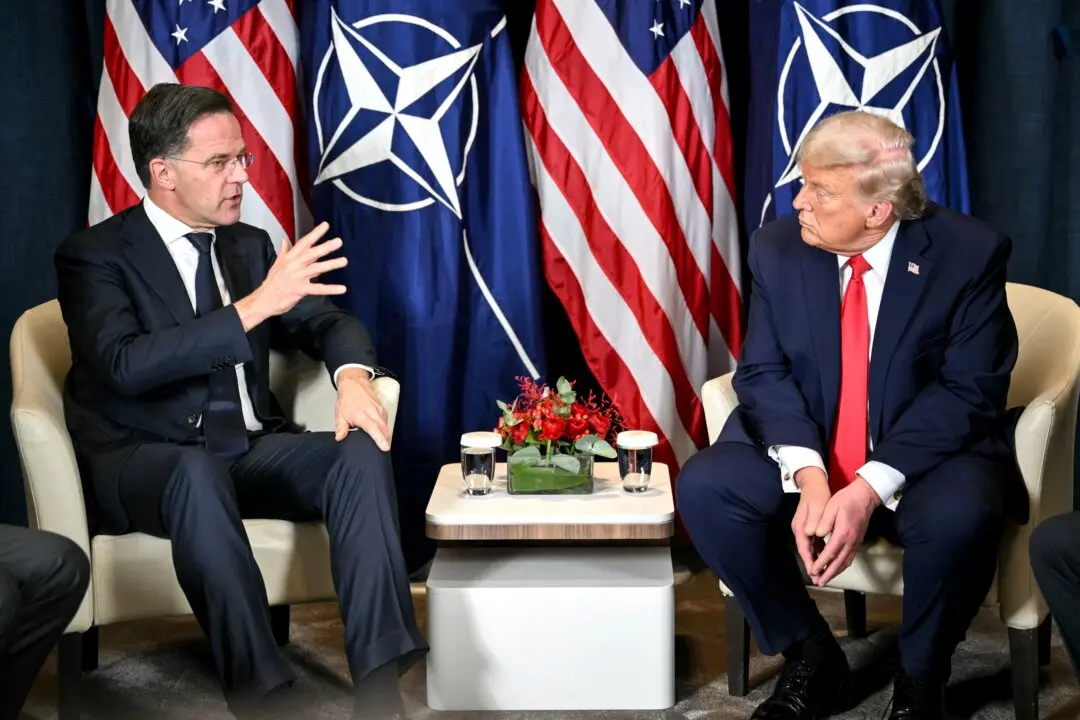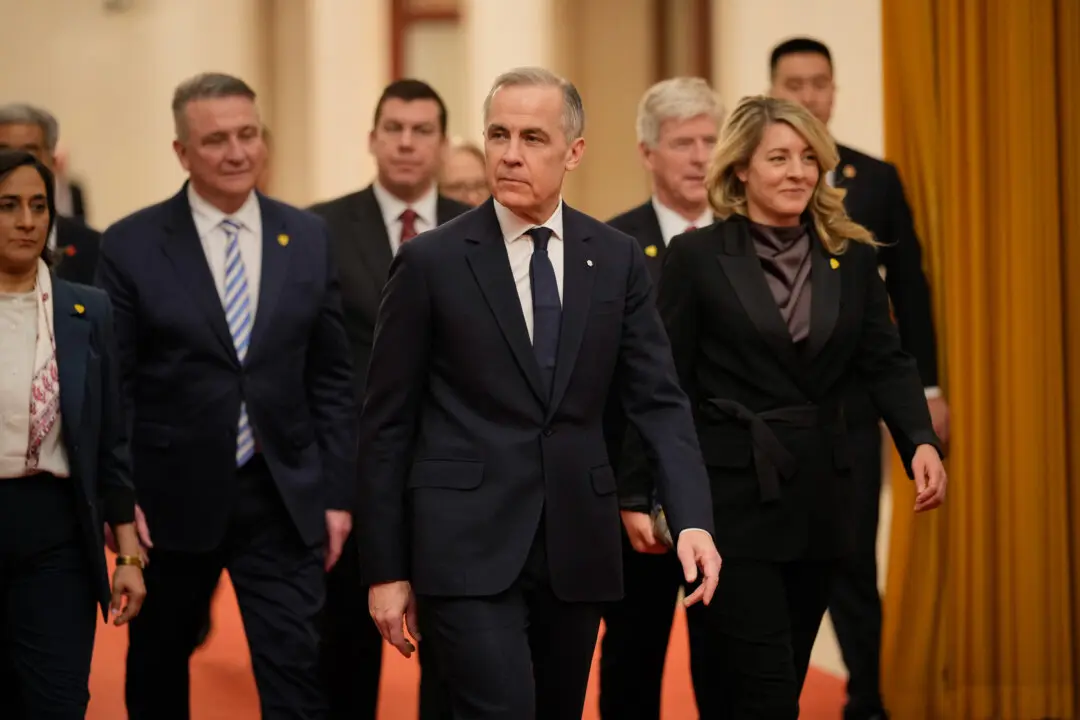Commentary
The European Union has just announced an 800 billion-euro expansion of military expenses over the next five years. To achieve this objective, member states are being excused from observing the EU guidelines on avoidance of deficit financing, and a special program is being established by the union itself with a loan of 150 billion euros to individual members to assist them in meeting newly raised requirements for collective defense.





